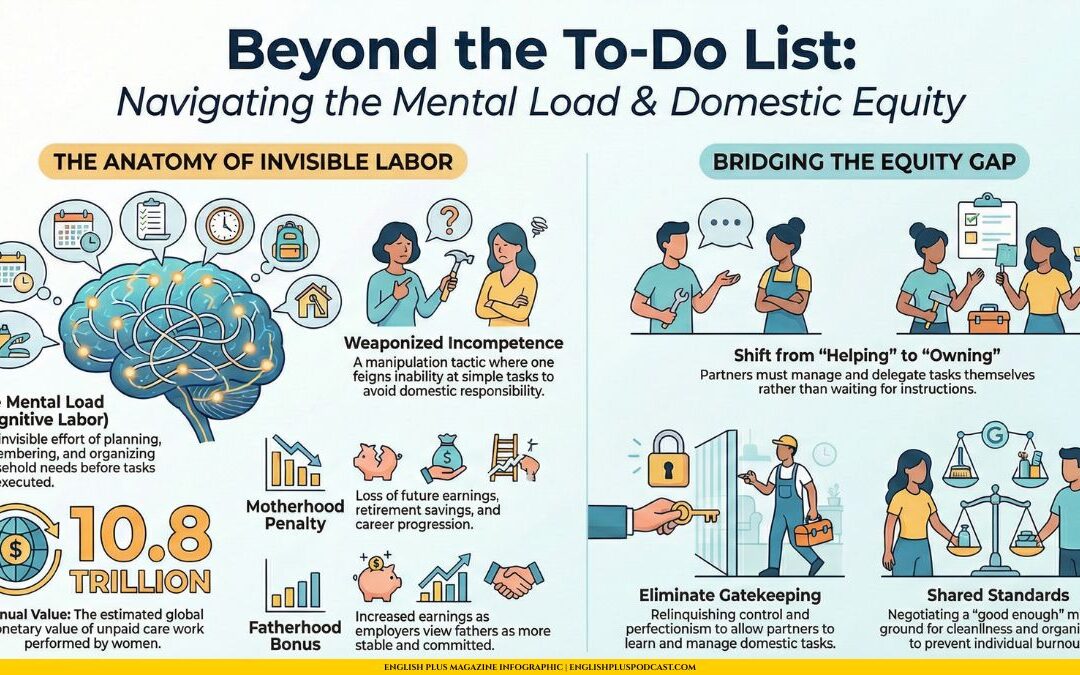Introduction
“How well do you truly know yourself? Are you a great driver? A fantastic singer? A natural leader? This week, we explore the biases that distort the most important image of all: the one we have of ourselves. We’ll find out why some people are blind to their own weaknesses, why experts struggle to teach beginners, and why we all fall for the vague flattery of horoscopes. It’s time for a reality check!”
Short Story
It’s the annual office talent show. Tom signs up to sing, completely convinced he has a voice like a professional. During rehearsal, his performance is painfully off-key, but he seems blissfully unaware (Dunning-Kruger Effect). After he finishes, a kind colleague, who happens to be a trained musician, tries to offer some simple advice about breathing, but Tom doesn’t understand the jargon she uses and dismisses her feedback (Curse of Knowledge). Before the show, Tom reads a generic personality quiz online that tells him, “You possess a great deal of untapped creative potential.” He feels this is a profound insight into his soul (Forer/Barnum Effect). He spent a lot of money on a sequined jacket for the performance, and the thought of that investment makes him even more determined to go on stage (IKEA Effect). When a coworker gently suggests that maybe singing isn’t his strongest suit, Tom gets defensive, accusing his colleagues of being jealous and refusing to see his own lack of skill (Bias Blind Spot).
Explanation
Tom’s talent show journey is a masterclass in the biases of self-perception. Let’s tune in:
- Dunning-Kruger Effect: We start with Tom’s overconfidence. We’ll explain that people with low ability in a domain often overestimate their competence because they lack the very skills needed to recognize their own shortcomings.
- Curse of Knowledge: The expert’s advice fell flat because she couldn’t translate her expertise into simple terms. This bias makes knowledgeable people unwittingly assume their audience shares their background.
- Forer (Barnum) Effect: The personality quiz worked on Tom because it used vague, generalized statements that could apply to anyone. We’ll discuss how this powerful effect is the engine behind practices like astrology and fortune-telling.
- IKEA Effect: Tom’s jacket represents an investment of effort and money. This bias shows we place a higher value on things we’ve created or invested in, making it harder to abandon them.
- Bias Blind Spot: The grand finale of Tom’s story. He easily sees flaws (“jealousy”) in others but is completely unable to recognize his own lack of talent. This is the meta-bias that makes it so hard for us to see ourselves clearly.
Language Focus
- Vocabulary: Competence, to overestimate, expertise, to justify, vague, flattery, shortcoming, meta-bias.
- Grammar: We’ll practice using Adverbs of Degree to modify our self-assessments (e.g., fairly good, extremely confident, somewhat skilled, completely unaware). This helps add nuance when talking about abilities.
- Speaking Skill: Giving and Receiving Feedback Gracefully. We’ll provide sentence starters for giving feedback that is specific and kind (e.g., “One thing I noticed was…”) and for receiving feedback with an open mind (e.g., “Thanks, could you tell me more about…?”).
- Writing Challenge: “The Honest Skill Assessment.” Choose one skill you possess (e.g., cooking, playing a game, a professional skill). Write 200-300 words assessing your ability as objectively as possible. Based on the Dunning-Kruger effect, are you more likely to be overestimating or underestimating your skill? Identify one specific, actionable step you can take to improve.
Outro & Teaser for Next Episode
“Seeing ourselves clearly is one of life’s biggest challenges. But by understanding these biases, we can be a little more humble and a little more open to growth. Next week, we expand our focus from the self to the group. How do our interactions with others shape our thoughts? We’ll explore stereotypes, peer pressure, and the strange dynamics that can make a crowd a very dangerous thing. Join us.”
Listen to the full episode and unlock full access to all our episodes, consider becoming a premium subscriber on Apple Podcasts or Patreon.










0 Comments